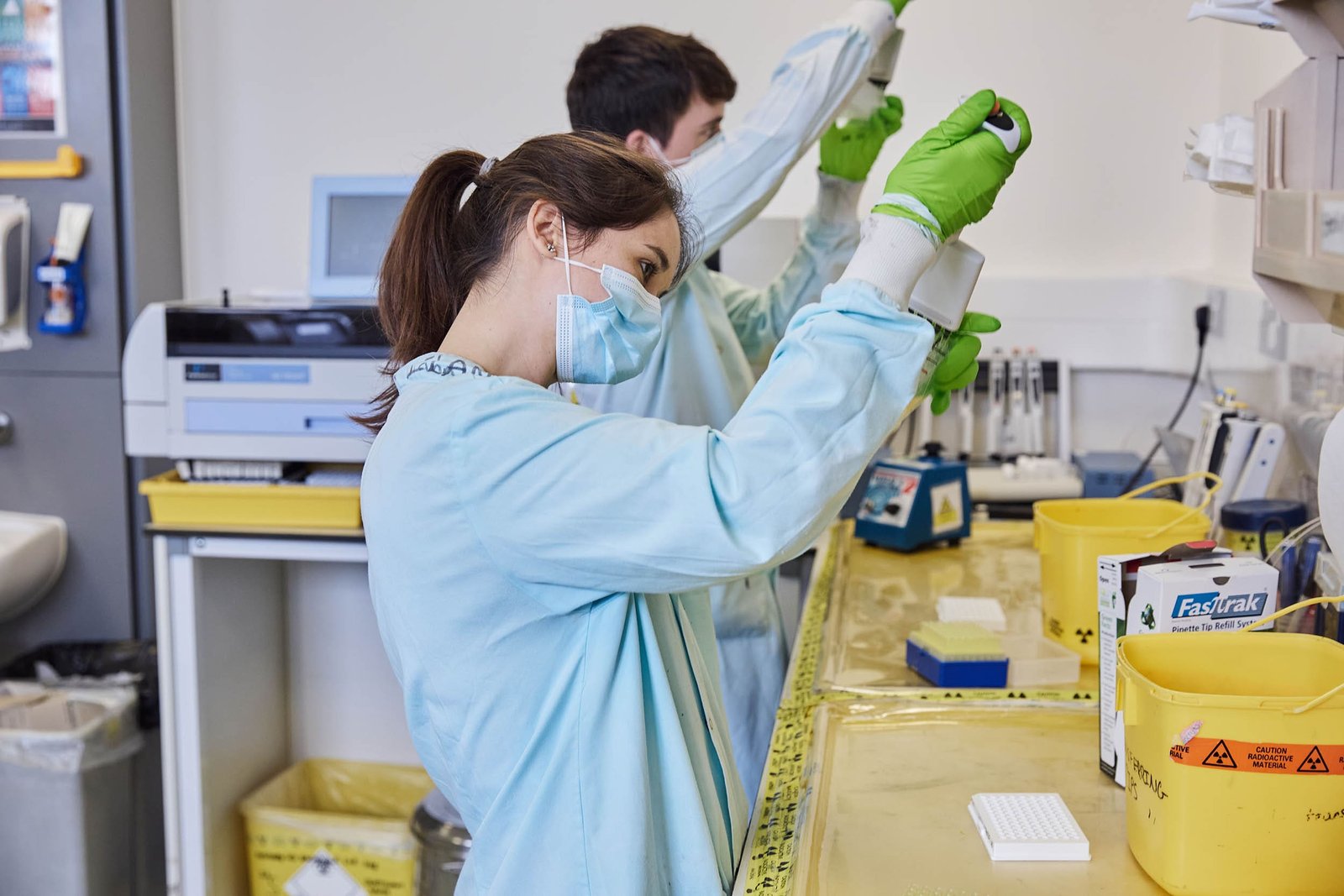IISc develops assay to track somatostatin for early diabetes detection
June 09, 2023 | Friday | News
Changes in somatostatin secretion can be one of the first signs of diabetes
image credit- shutterstock
Recent studies have shown that fluctuations in the levels of hormones such as somatostatin, secreted by the pancreas, may be involved in the development of diabetes, something that has largely been overlooked so far.
According to researchers from the Department of Developmental Biology and Genetics (DBG), Indian Institute of Science (IISc), Bengaluru, changes in somatostatin secretion can be one of the first signs of diabetes. In such a scenario, detecting the levels of somatostatin can therefore potentially help detect diabetes earlier.
In a recent study, researchers from IISc, along with collaborators at the University of Gothenburg, Sweden, have reported the development of a novel assay that can detect secreted somatostatin. Somatostatin is secreted by specific cells of the pancreas, called delta cells. It is a master regulator of insulin and glucagon – another hormone that works hand-in-hand with insulin to maintain blood sugar levels.
The kit works like the standard Enzyme-Linked Immunosorbent Assay or ELISA which uses antibody-coated plates to identify the presence of antigens in a sample, similar to the COVID-19 rapid antigen test. The team used artificially synthesised somatostatin to test its binding against several commercially available antibodies, in order to identify the one that bound to it most efficiently, which they then used to develop the assay.
The researchers are currently working with an industry collaborator to develop the kit into a simple handheld device that can eventually be mass-produced.









